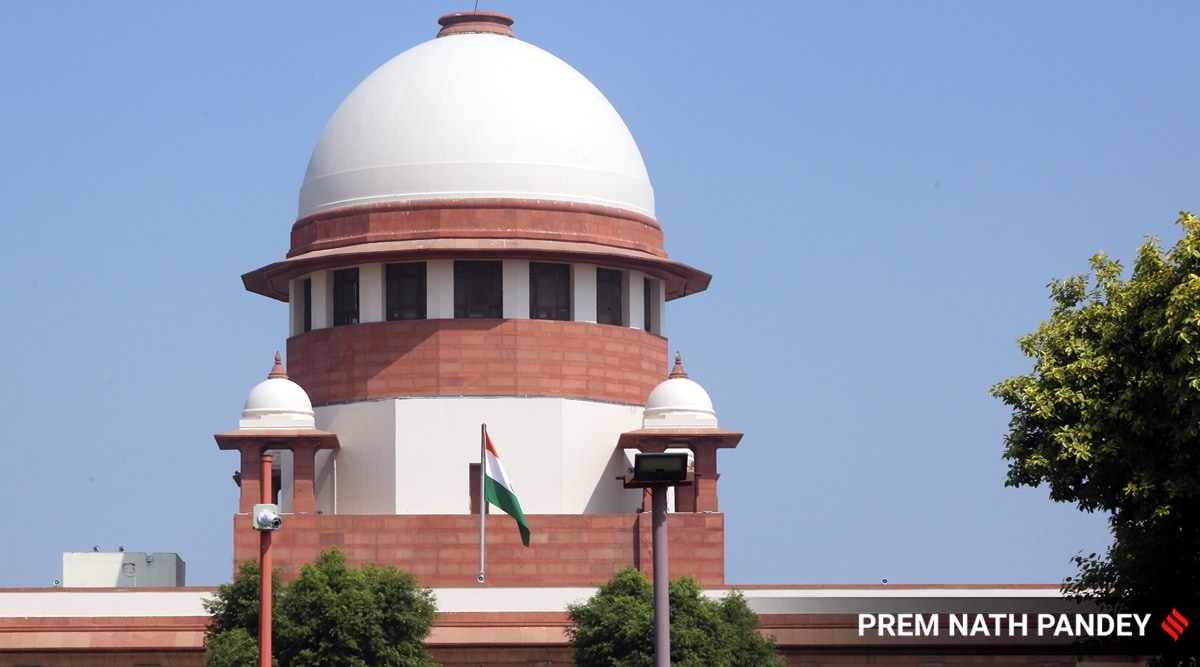Stay updated with the latest - Click here to follow us on Instagram
SC agrees to hear plea challenging first amendment to Constitution
The amendment neglects national security by dropping the expression 'tends to overthrow the State', the petitioner said.

The Supreme Court has agreed to examine a PIL challenging changes made to the right to freedom of speech and expression by the first amendment to the Constitution in 1951, with the petitioner contending that the amendment damages the basic structure doctrine.
A bench presided by Justice Sanjiv Khanna, which took up the plea earlier this month, said there is a “legal issue”, which arises “for consideration”, and sought the Centre’s views.
In his plea, the petitioner, Senior Advocate K Radhakrishnan, said Section 3(1) of the 1951 Amending Act substituted original Clause (2) of Article 19 – dealing with reasonable restrictions on the freedom of speech and expression guaranteed under Article 19(1)(a) – with a new Clause (2), which contained “two objectionable insertions” allowing restrictions also “in the interest of public order” and “in relation to incitement to an offence”. The new Clause (2) also omitted the expression “tends to overthrow the State” as appearing in the original Clause (2).
Section 3 (2) of the amending Act effected validation of certain laws even if they took away or abridged the right to freedom of speech and expression, the petitioner said.
The petition contended that these two insertions protect Sections 124A (sedition), 153A (promoting enmity between different groups on grounds of religion, race, place of birth, residence, language, etc, by words, either spoken or written, or by signs or by visible representations or otherwise and doing acts prejudicial to maintenance of harmony, 295A (deliberate and malicious acts, intended to outrage religious feelings of any class by insulting its religion or religious beliefs) and 505 (statements conducing to public mischief) of the Indian Penal Code “from the vice of unconstitutionality”.
“The two questionable expressions inserted unduly abridge the fundamental right under Article 19 (1)(a),” the petition said. This undue abridgement “does not advance or sub serve any constitutional objectives” but “damages, inter alia democracy and republicanism and supremacy of the Constitution”, Radhakrishnan submitted.
The amendment also neglects national security by dropping the expression ‘tends to overthrow the State’, he said. “The glaring omission of the expression ‘tends to overthrow the State’ raises grave concern in the context of the dangers posed to the concept of secular democratic republic by radicalism, terrorism and religious fundamentalism,” he said.
The plea urged the court to declare Section 3 (1)(a) and 3 (2) of the First Amendment “beyond the amending power of Parliament” and void since the “same damage the basic or essential features of the Constitution and destroy its basic structure”.